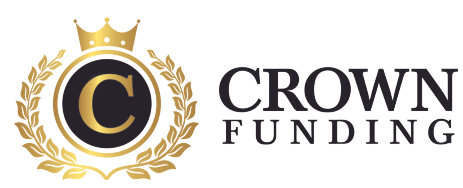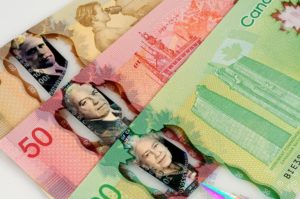Mortgage Rates Are Falling, Is It A Good Time To Opt For Variable Rates?
Mortgage Rates In Surrey Are Falling
Fixed or Variable Rate | Which one works best for your mortgage payment?
By Jeet Singh
RBC, the biggest bank in Canada lowered its 5-year fixed mortgage rate from 3.89% to 3.74% last week. Other banks are expected to follow suit. The fixed mortgage rate is connected to the bond market and the yield in the bond market is falling because of many factors including but not limited to Canada’s trade with the USA and China. Canada is stuck in the middle of two superpowers because of the arrest of Meng Wanzhou, CFO of Huawei, by the Canadian authorities on the request of U.S. The U.S. has until Jan 30 to formally request the extradition of Meng. If the U.S. misses the deadline, lawyers with expertise in the extradition are of international law say the door could open for Meng’s release. Let’s hope so. If the U.S.does come through with the formal extradition request, that could further affect Canada-China relations.
The question is which option is better for you: fixed or variable?
Because of this mortgage rate drop, the gap between the 5-year fixed mortgage rate and 5-year variable mortgage rate is narrowing. The variable rate moves with the Bank of Canada’ overnight rate and that has been inching up. Then which option works better for you? The answer to that question varies from borrower to borrower. Besides the fact that a variable rate definitely offers you lower monthly payments at least to start with, a borrower’s personality plays a big role in deciding whether to take a fixed or variable rate.If you are interested in private money mortgage, give us a call, we can assist you based on our years of experience.
Fixed rate works better if you prefer predictable payments
Another factor is if you expect to live in your home for the next five years, the interest rate of your loan may be your primary consideration. You may want a fixed-rate mortgage that will ensure that your interest rate will remain the same for the next five years. If you decide that you like the stable, predictable payments of a fixed-rate mortgage, then the best mortgage program for you is the fixed-rate mortgage. Like people who invest in stocks have no control over their stocks, and their investment is subject to market fluctuations. No one can predict where the mortgage rates will be in the future. So, if you are a worrying type then again the fixed rate is a better option. You can forget about the rates going up or down for the next five years.
The variable rate might work if lower your mortgage payment is the goal
If lower monthly mortgage payments now mean a lot to you, and may even help qualify you for the mortgage amount you need, then maybe the variables the way to go. Also, if you are gung-ho that rates will either come down even more or at least stay more or less the same for the next five years then by all means the variable rate will be your choice.
Let’s see how much of a difference does a fixed or variable rate make in actual monthly mortgage payments on a High Ratio $400,000 mortgage
At a 5-year fixed rate of 3.59%, you would have a monthly mortgage payment of $2016. At a 5-year variable rate of 2.95%, you would have a monthly mortgage payment of $1883. That is a difference of $133. (The rates here are just for rough comparison purposes only, the actual mortgage rates may be very different from the rates mentioned here) That means the maximum more you will pay for taking the fixed rate for five years is $7980 over the next five years. During the next five years, the variable rates can go down or go up. If you are the person who always looks at the worst-case scenario, then you will take the fixed rate.
Think carefully before you decide
If you are already struggling with monthly payments and $133 means a lot to you, then perhaps a variable rate will be your choice. But if you are already tight moneywise then also keep in mind what if the rates go up rapidly and your payments increase substantially? Also keep in mind because of the stress test, for a fixed rate you will have to qualify at 5.59 and for the variable rate you will have to qualify at 5.34%. If you have further concerns or questions, contact Crown Funding for help!
Jeet Singh is a writer and also a mortgage broker with crownfuning.ca and can be reached at 778-320-9494.



